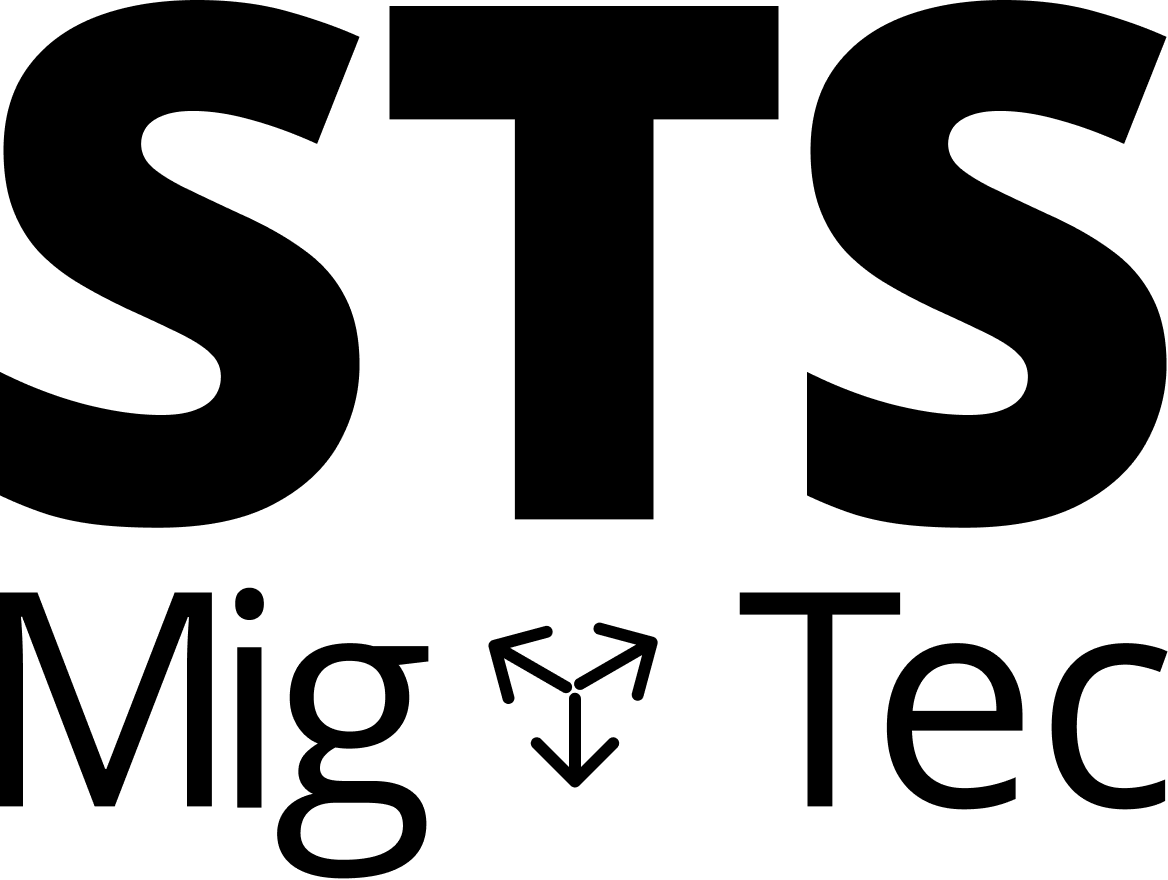Abstract
This paper explores how bureaucratic practices collaborate in making a person deportable within European deportation infrastructures. Drawing on months of ethnographic fieldwork in a deportation unit, the article focusses on the main daily work inside: file practices.
Bridging scholarship on street level bureaucrats and the materiality of paperwork, this article traces how daily file practices shape the deportable subject. It shows the relations that are (un)made as deportation files move along procedural trajectories, betweenot only case-workers and documents but also databases, police, whiteboards, quota, embassies, or airlines. Doing so, the paper elaborates how the relations gathered in file practices mobilize categories of populations, for example racialized or gendered.
These insights show that the deportable subject is formed in a constellation of various populations, paradoxically so given the legal call to individualize the deportee. Moreover, the populations themselves constantly need to be made in file practices, too. This dual bureaucratic knowledge practice – documenting an individualized deportee and fabricating populations – unfolds the intrinsic situatedness of the demarcation of populations that is put forward in state deportations.
Making Populations for Deportation: Bureaucratic knowledge practices inside a European deportation unit
Lieke Wissink (University of Amsterdam)
About the event series
STS-MIGTEC Circle is a small format which serves to reflect jointly on work-in-progress contributions related to the themes of interest to STS MIGTEC. The idea is to create a safe space for probing and experimenting with ideas, arguments, attempts of analysis, sense-making of empirical material. It’s the right space for you if you already invested substantial energy and dedication into that work, but you still feel the piece to be raw and fragile. We invite individual scholars – of all career stages – to take other interested scholars on board to jointly reflect and discuss with care and constructive feedback.
